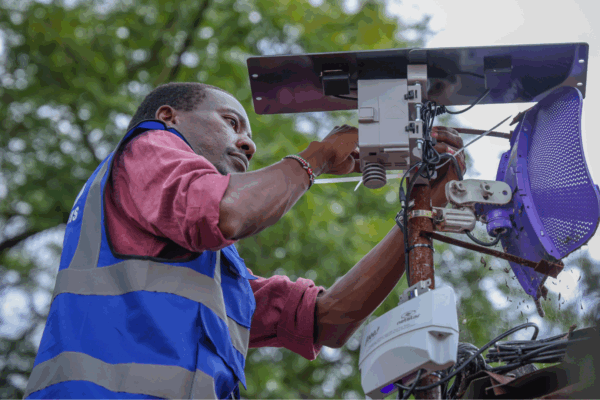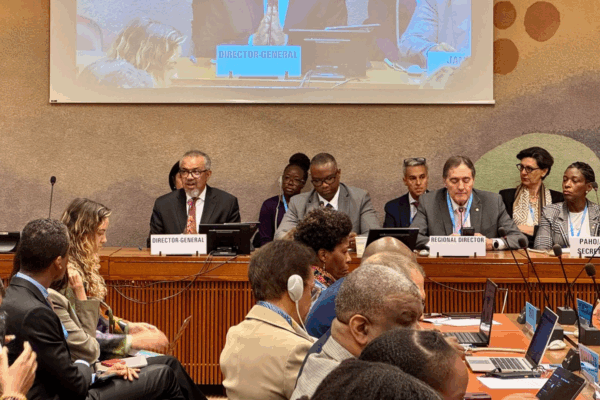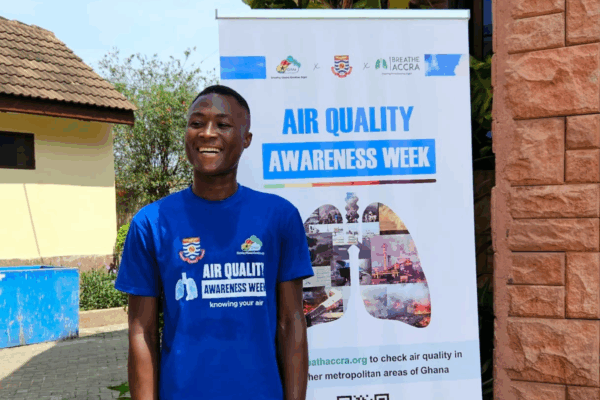For the first time, the Environment & Climate Sustainability Working Group, which brings together G20 officials, invited countries and international organisations, is discussing air pollution as a standalone G20 priority.
Opening the proceedings at the Kruger National Park, South Africa’s Deputy Environment Minister, Narend Singh, highlighted the challenge: “people across the globe are exposed to unhealthy and often deadly levels of air pollution… the impacts of air pollution extend beyond health – affecting climate, biodiversity, ecosystems and economic development.”
The numbers bear him out. Air pollution contributed to 8.1 million premature deaths in 2021 – one in eight deaths worldwide. 95% of those deaths occurred in low- and middle-income countries. The World Bank puts the annual economic loss at US$4.5–6.1 trillion, roughly 4.7–6.5% of global GDP.
The G20’s focus on air pollution reflects a wider multilateral trend: from UN Environment Assembly’s (UNEA-6) first air quality resolution in March 2024, through the World Bank’s 2025 flagship report Accelerating Access to Clean Air for a Livable Planet, to voluntary targets to halve air pollution deaths adopted at the 2025 World Health Assembly in May.
As a Knowledge Partner to the G20 Presidency on air quality, Clean Air Fund was privileged to join the Working Group and to help develop the G20 technical paper on air quality. While its contents remain confidential, the paper reinforces longstanding evidence: tackling air pollution alongside climate and development goals is cheaper and faster, provided we close gaps in finance, data, capacity and cross-border cooperation. The World Bank shows that integrating air quality and climate-mitigation policies can cut the required investment by governments by about 40% compared with tackling air quality and climate measures independently.
What happens next
- In October, the Working Group reconvenes in Cape Town to finalise this and other papers directly ahead of the Environment and Climate Sustainability Ministers’ meeting.
- This all leads up to leaders gathering for the November G20 Summit in Johannesburg. We hope their statement will also highlight the critical importance of clean air.
Four outcomes we hope to see
Here at the Clean Air Fund we are hoping for the following outcomes:
- Acknowledgement – Ministers and leaders explicitly recognise air quality as a global priority that deserves continued discussion in the G20.
- Progressing the discussion – The technical paper, once cleared, is published so governments, cities and civil society can build on a shared evidence base.
- Exploring finance options – Further discussion on concessional or innovative funding routes for clean air projects, especially in low- and middle-income countries.
- Supporting regional initiatives – G20 endorsement of transboundary efforts, such as the Africa Clean Air Programme.


